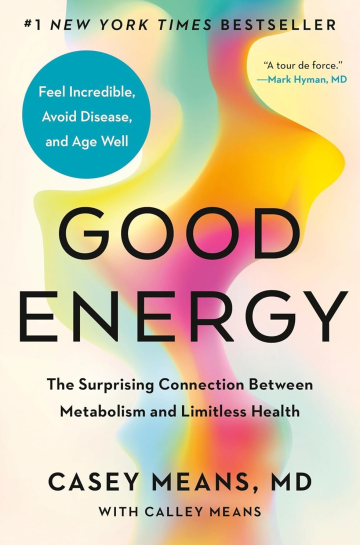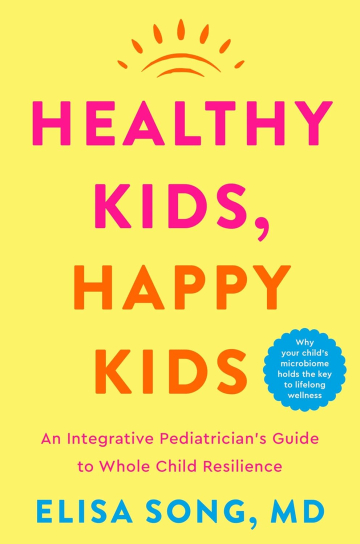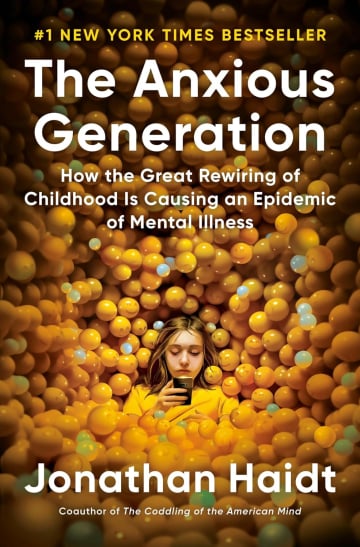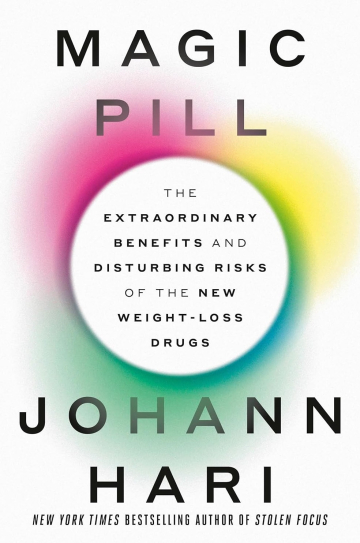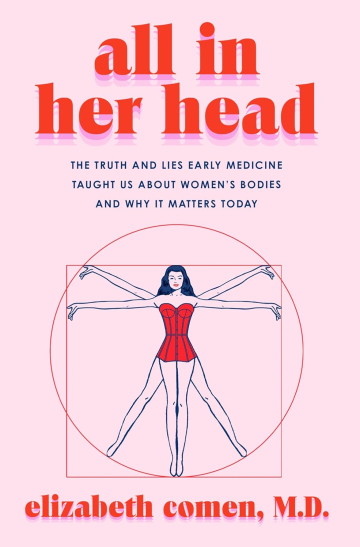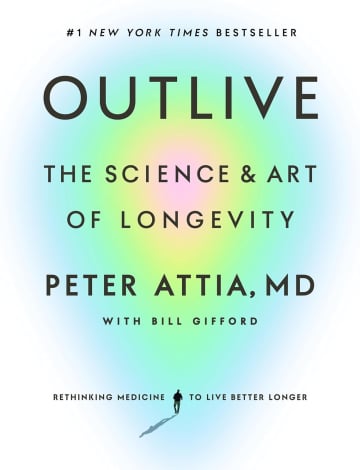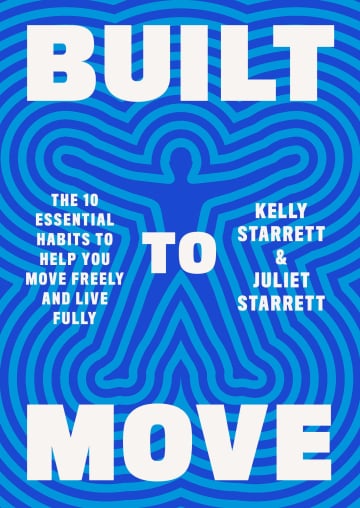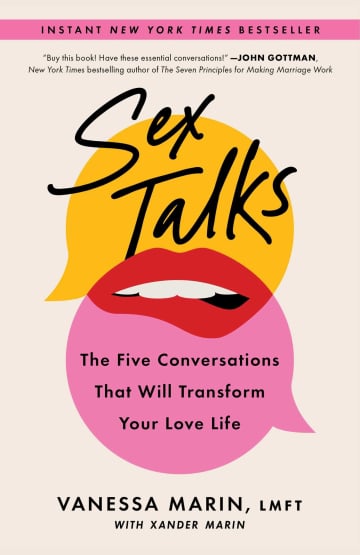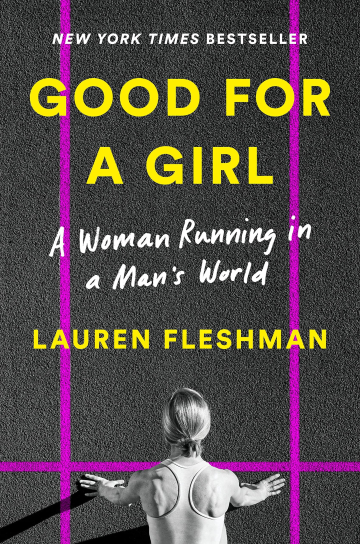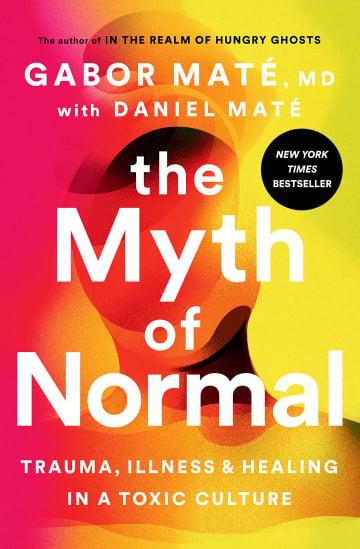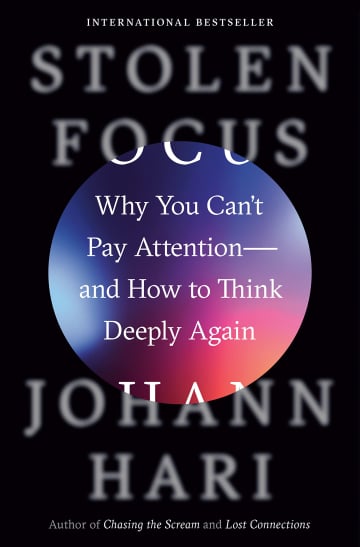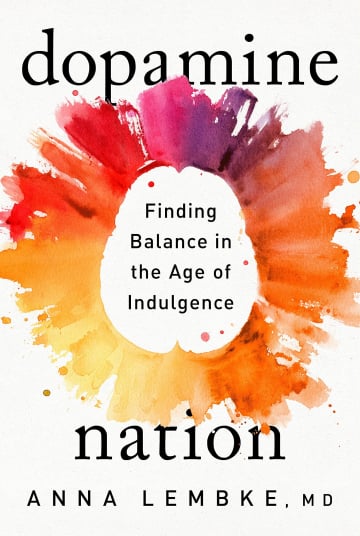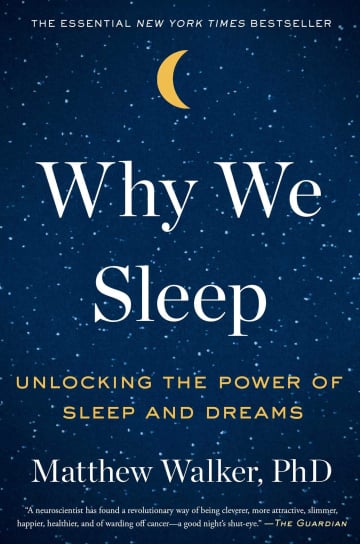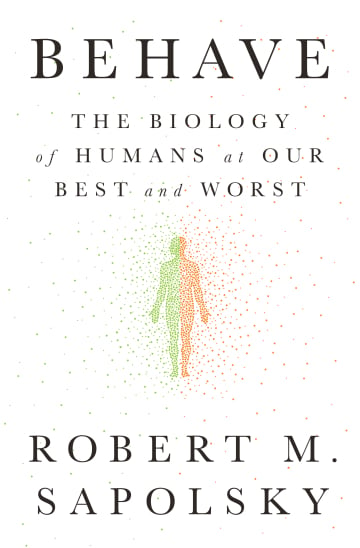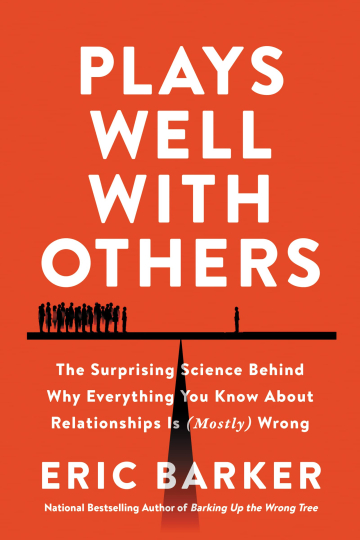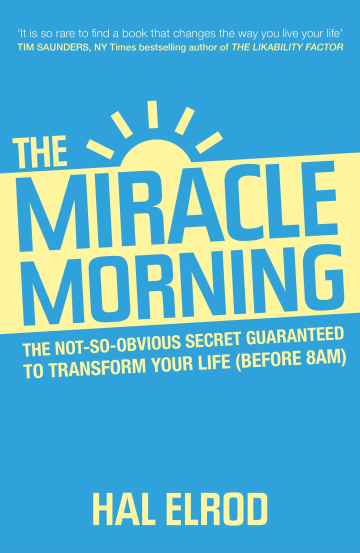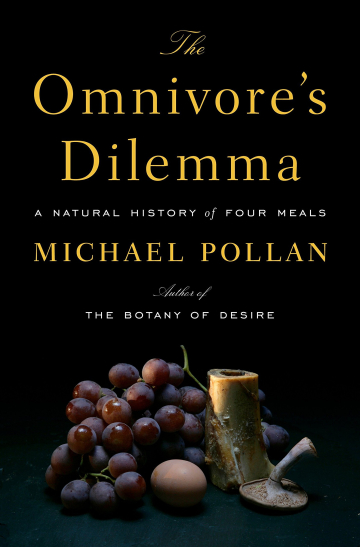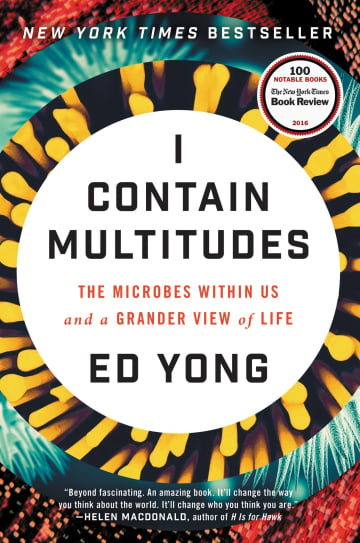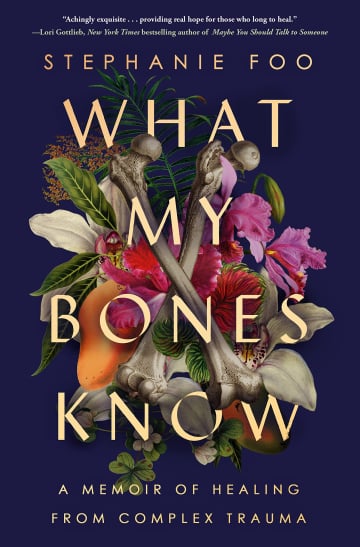
What My Bones Know: A Memoir of Healing from Complex Trauma
⚡️ 14 Quotes from the book
“The difference between regular PTSD and complex PTSD is that traditional PTSD is often associated with a moment of trauma. Sufferers of complex PTSD have undergone continual abuse—trauma that has occurred over a long period of time, over the course of years. Child abuse is a common cause of complex PTSD.”
“Hatred, I learned quickly, was the antidote to sadness. It was the only safe feeling. Hatred does not make you cry at school. It isn’t vulnerable. Hatred is efficient. It does not grovel. It is pure power.”
“The books taught me that when we live through traumatic experiences, our brains take in the things around us that are causing the greatest threat, and they encode these things deep into our subconscious as sources of danger.”
“I learned two critical things that day. First: Just because the wound doesn’t hurt doesn’t mean it’s healed. If it looks good and it feels good, it should be all good, right? But over the years I’d smoothed perfect white layers of spackle over gaping structural holes. And the second thing I learned was: My parents didn’t love me.”
“No matter what I do, no matter where I try to find joy, I instead find my trauma. And it whispers to me: “You will always be this way. It’s never going to change. I will follow you. I will make you miserable forever. And then I will kill you.”
“My fear of being abandoned forced me to need proof of love in abundance, over and over and over again, a hundred times a day.”
“It made perfect sense to me later in life when I discovered that the Chinese word for endurance is simply the word knife on top of the word heart. You walk around with a knife in your heart. You do it with stoicism. This is the apex of being.”
“Trauma isn’t just the sadness that comes from being beaten, or neglected, or insulted. That’s just one layer of it. Trauma also is mourning the childhood you could have had. The childhood other kids around you had. The fact that you could have had a mom who hugged and kissed you when you skinned your knee. Or a dad who stayed and brought you a bouquet of flowers at your graduation. Trauma is mourning the fact that, as an adult, you have to parent yourself.”
“Forgiveness is this act of love where you say to someone, ‘You’re an imperfect being and I still love you.’ You want to have this energy of ‘We’re not giving up on each other; we’re in this for the long haul. You hurt me. And, yes, I hurt you. And I’m sorry, but you’re still mine.”
“Over and over, the answer is the same, isn’t it? Love, love, love. The salve and the cure. In order to become a better person, I had to do something utterly unintuitive. I had to reject the idea that punishing myself would solve the problem. I had to find the love.”
“Being healed isn’t about feeling nothing. Being healed is about feeling the appropriate emotions at the appropriate times and still being able to come back to yourself. That’s just life.”
“Pain is about feeling real, appropriate, and valid hurt when something bad happens. Suffering is when you add extra dollops to that pain. You’re feeling bad about feeling bad.”
“The PTSD had always told me I am alone. That I am unlovable. That I am toxic. But now, it is clear to me: That was a lie. My PTSD clouded my vision of what was actually happening.”
“So this is healing, then, the opposite of the ambiguous dread: fullness. I am full of anger, pain, peace, love, of horrible shards and exquisite beauty, and the lifelong challenge will be to balance all of those things, while keeping them in the circle. Healing is never final. It is never perfection. But along with the losses are the triumphs.”
Related videos
Publications
The Guardian: She found out she had complex PTSD. Then she realized how insidious trauma really is
The New York Times: Look What You’ve Turned Us Into
Ask Albert:
Rate the book
⚡️ Discover Even More Bookish Wisdom
recommends
recommends
recommends

